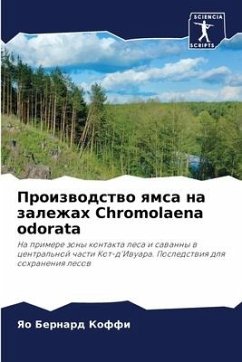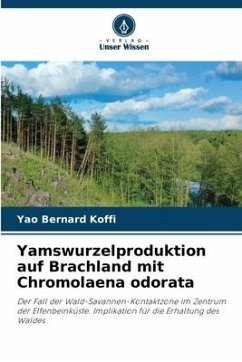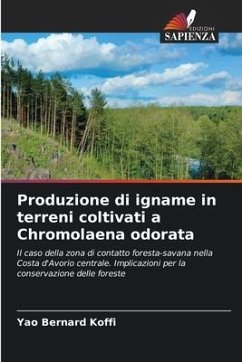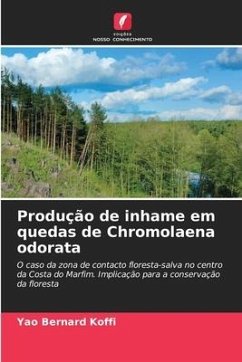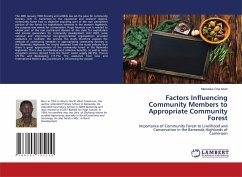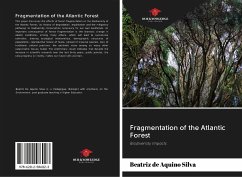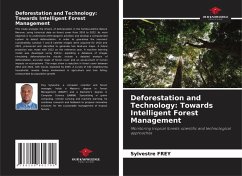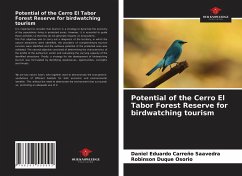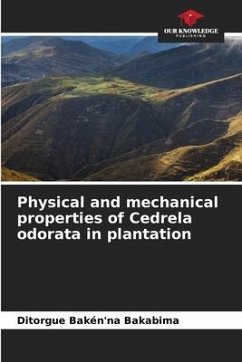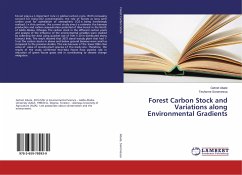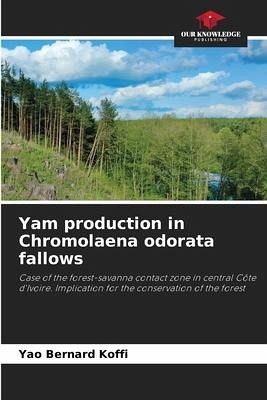
Yam production in Chromolaena odorata fallows
Case of the forest-savanna contact zone in central Côte d'Ivoire. Implication for the conservation of the forest
Versandkostenfrei!
Versandfertig in 6-10 Tagen
24,99 €
inkl. MwSt.

PAYBACK Punkte
12 °P sammeln!
This study, carried out in the forest-savanna transition zone in central Côte d'Ivoire, aimed to optimize yam (Dioscorea alata) production by selecting suitable cultivation sites and determining the soil fertility parameters that determine this production. Soil physico-chemical parameters and yam yields were measured, and the relationships between these different parameters were determined. The trial was conducted on a series of 30 farmers' plots scattered over the three cultivated vegetation facies of the zone, with 10 plots per facies. The results show that the physico-chemical characterist...
This study, carried out in the forest-savanna transition zone in central Côte d'Ivoire, aimed to optimize yam (Dioscorea alata) production by selecting suitable cultivation sites and determining the soil fertility parameters that determine this production. Soil physico-chemical parameters and yam yields were measured, and the relationships between these different parameters were determined. The trial was conducted on a series of 30 farmers' plots scattered over the three cultivated vegetation facies of the zone, with 10 plots per facies. The results show that the physico-chemical characteristics of the soil as well as the yields in the C. odorata fallows were similar to those in the forests. The savannah differed significantly with lower values. Principal component analysis indicated that yam yield correlated primarily with soil organic matter and fine fraction. This study highlights the agronomic potential of C. odorata fallows and can serve as a basis for their improvement and promotion in the current context of combating deforestation.



